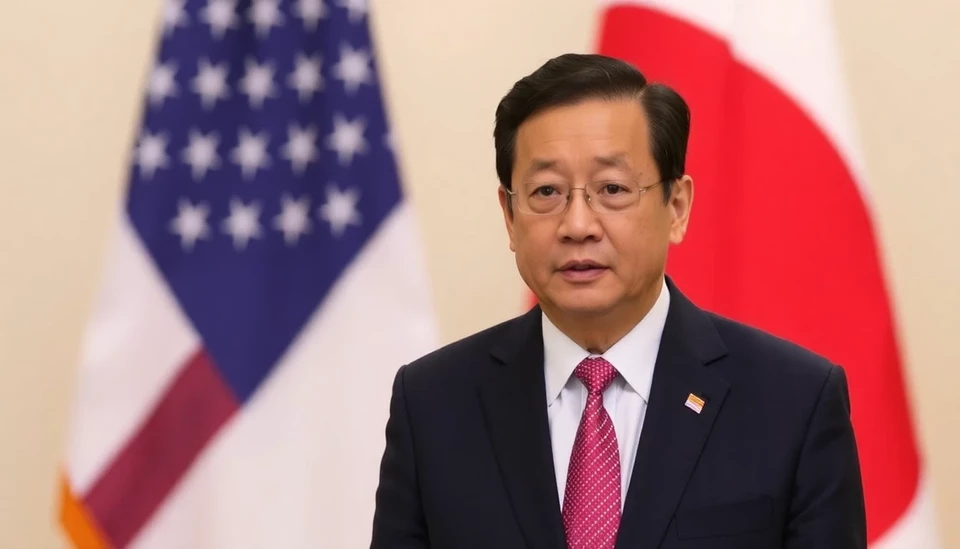
In a decisive move to bolster the Indonesian rupiah and navigate economic uncertainties, the Central Bank of Indonesia (Bank Indonesia) has opted to hold its key interest rate steady at 5.75%. This decision, announced on April 23, 2025, comes in response to a backdrop of financial stresses exacerbated by global economic conditions and inflationary pressures that have impacted the domestic currency's stability.
The central bank's monetary policy committee, led by Governor Perry Warjiyo, emphasized the importance of sustaining the rupiah's value as central to its strategy for promoting a balanced economic environment. The recent decline in the currency, which has lost approximately 7% against the U.S. dollar since the beginning of the year, is a significant concern for policymakers. By maintaining the current interest rate, the Bank aims to reassure investors and maintain sufficient capital inflow, which is crucial for stabilizing the currency.
Governor Warjiyo noted that the decision was made after careful consideration of various factors, including persistent price pressures that continue to affect local consumption and production. Inflation in Indonesia has hovered above the Bank’s target range, prompting the central authority to remain vigilant and prepared to adjust its policies if necessary. The Bank's inflation rate monitoring has indicated that consumer prices are rising, which adds a layer of complexity to the overall economic landscape.
To reinforce its stance on currency stability, Bank Indonesia has signaled that it will continue to intervene in foreign exchange markets as needed. This strategy is intended to mitigate volatility in the rupiah and ensure that it does not face undue downward pressure. The central bank's interventions are expected to include measures such as currency sales and purchases aimed at achieving a more favorable exchange rate environment.
Market analysts have noted that the decision to keep the key rate unchanged illustrates the Bank's commitment to economic stability, albeit amid pressures from inflation and global financial volatility. Economists suggest that the Bank may need to refine its monetary policies further to adapt to evolving challenges, as the outlook for global economic growth remains uncertain.
The backdrop of this policy decision includes a challenging global landscape characterized by ongoing geopolitical tensions, fluctuating commodity prices, and shifting monetary policies from major economies. As Indonesia grapples with these external pressures, its central bank remains focused on navigating a path that fosters economic resilience and supports the local currency.
In summary, Bank Indonesia's decision to hold the key interest rate at 5.75% reflects its priority of maintaining the rupiah's stability in light of rising inflation and global economic uncertainties. Analysts will be monitoring developments closely, particularly as the Bank signals its readiness to act as needed to safeguard the Indonesian economy.
#Indonesia #BankIndonesia #Rupiah #InterestRate #Economy #Inflation #CurrencyStability
Author: Rachel Greene




